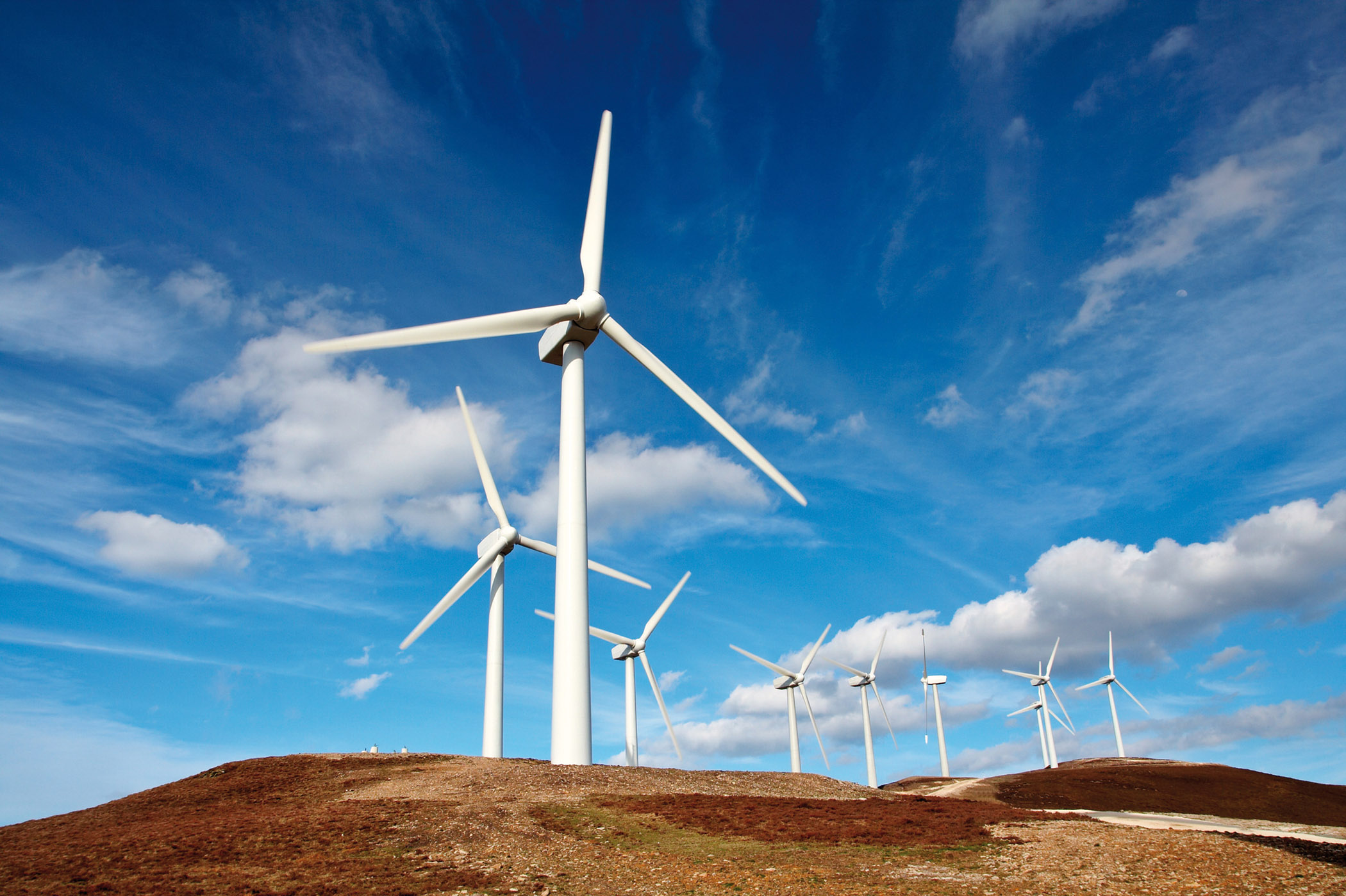Wind turbines have displaced gas for their first sustained period as Britain’s most important single source of power generation, new figures from Imperial College confirm.
In what a leading analyst describes as a “milestone event”, wind contributed 32.4 per cent of national consumption in 2023’s first three months, edging ahead of gas’s 31.7 per cent.
The figures are released ahead of publication of the latest in generator Drax’s regular Electric Insights reports. The generator commissions independent analysis for the publication from energy watchers at Imperial, headed by Dr Iain Staffell.
Turbines offshore and onshore made 24 TWh of electricity, up 3 per cent on the equivalent 2022 quarter. Gas’s contribution was down 5 per cent.
Including solar, hydro and biomass alongside wind, the full variety of renewable sources accounted for 42 per cent of UK power over the quarter. Behind fossil fuels’ 33 per cent, the remaining 25 per cent came from imports over interconnectors and the nation’s nine remaining nuclear stations.
“There are still many hurdles to reaching a completely fossil fuel-free grid”, said Dr Staffell. “But wind out supplying gas for the first time is a genuine milestone event, and shows what can be achieved when governments create a good environment for investors in clean technology.”
Quarter rotation
Uniper’s 2GW Ratcliffe-on-Soar station in Nottinghamshire is Britain’s last coal-fired plant, the last representative of a technology which less than two decades ago featured as the nation’s most important generation source.
Drax shut its final coal-capable furnace earlier this year, having kept it in reserve in response to government concerns over winter blackouts.
The company styles its pellet-burning operation near Selby as Britain’s biggest single source of renewable electricity. But the claim is controversial, due to the technology’s reliance on wood residue shipped from US and Canadian forests.
Drax’s recently appointed plant director Bruce Heppenstall hailed wind’s advance as “a remarkable achievement for the UK”.
He went on: “At Drax, we believe the UK must now focus on unlocking investment in carbon negative technologies, such as Bioenergy with Carbon Capture and Storage (BECCS), which permanently remove more carbon dioxide from the atmosphere than they emit. Only BECCS can simultaneously remove millions of tonnes of carbon dioxide from the atmosphere whilst also generating reliable, renewable power when the wind isn’t blowing, or the sun is not shining.
Heppenstall declared: “The UK Government should accelerate its policy support for BECCS to give this country the best chance of establishing itself as a world leader in carbon removals, attracting further clean energy investment, creating jobs and delivering its Net Zero targets.”




